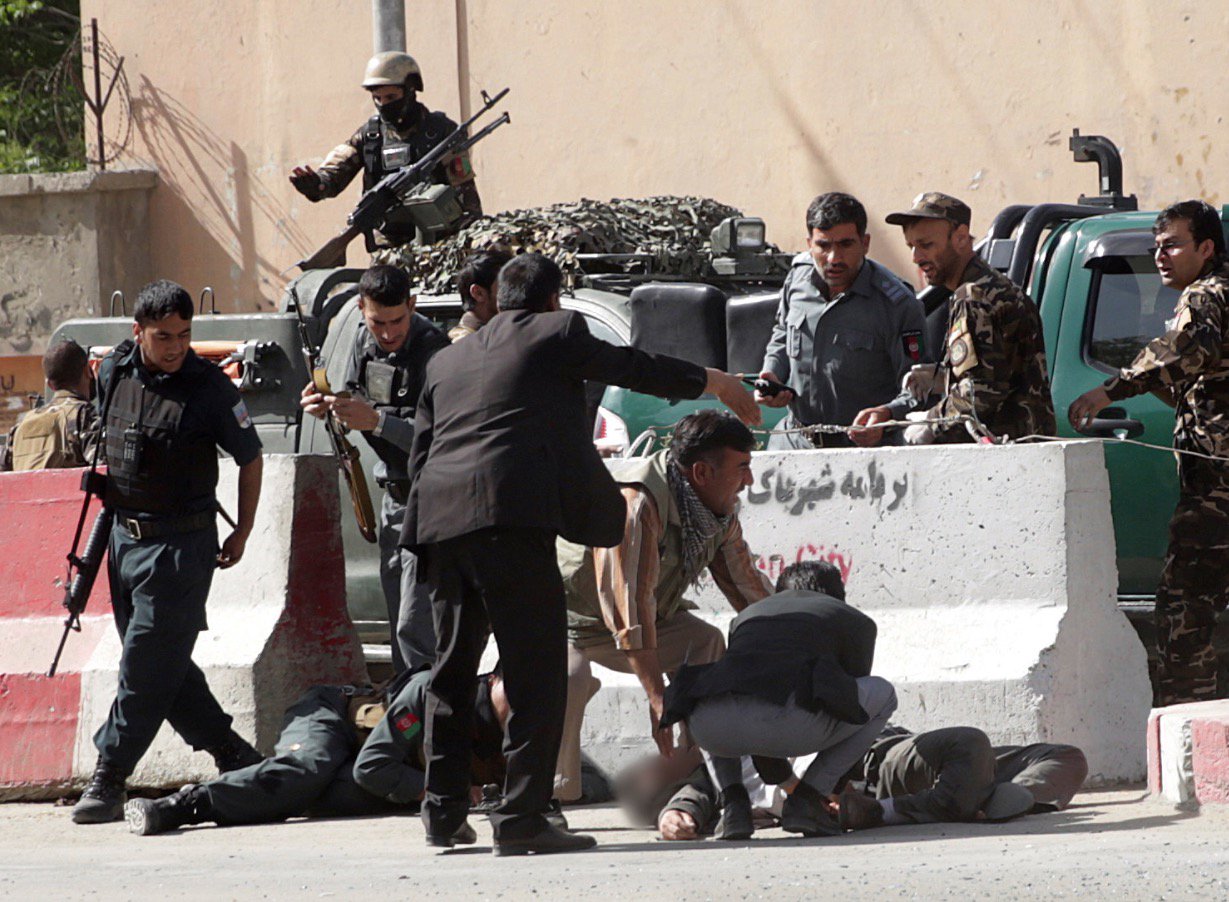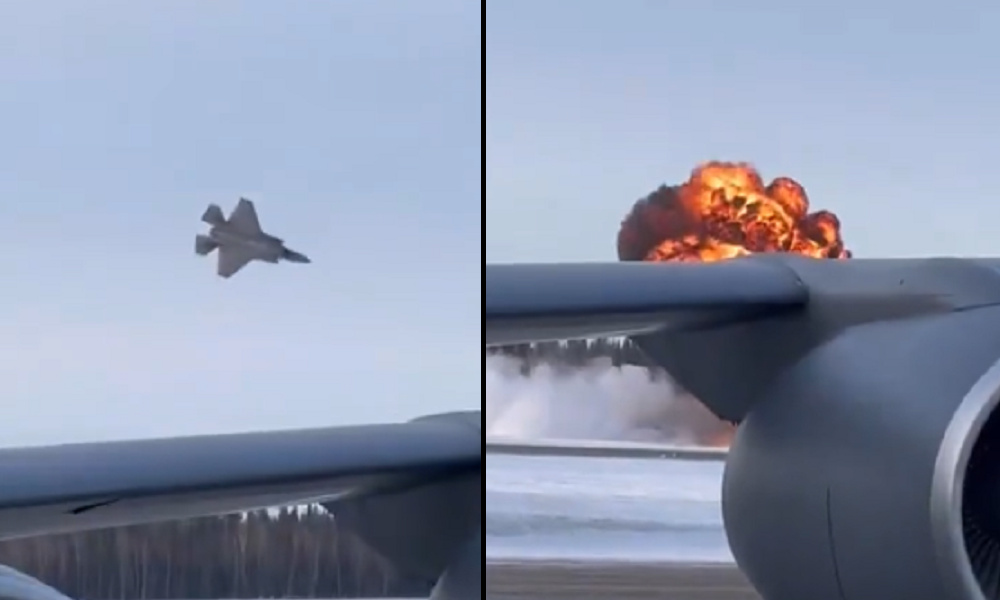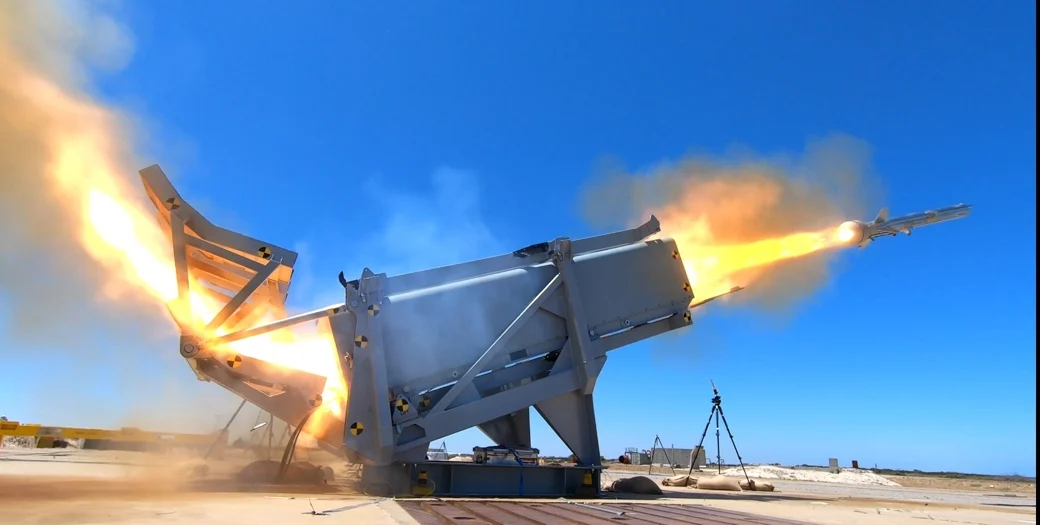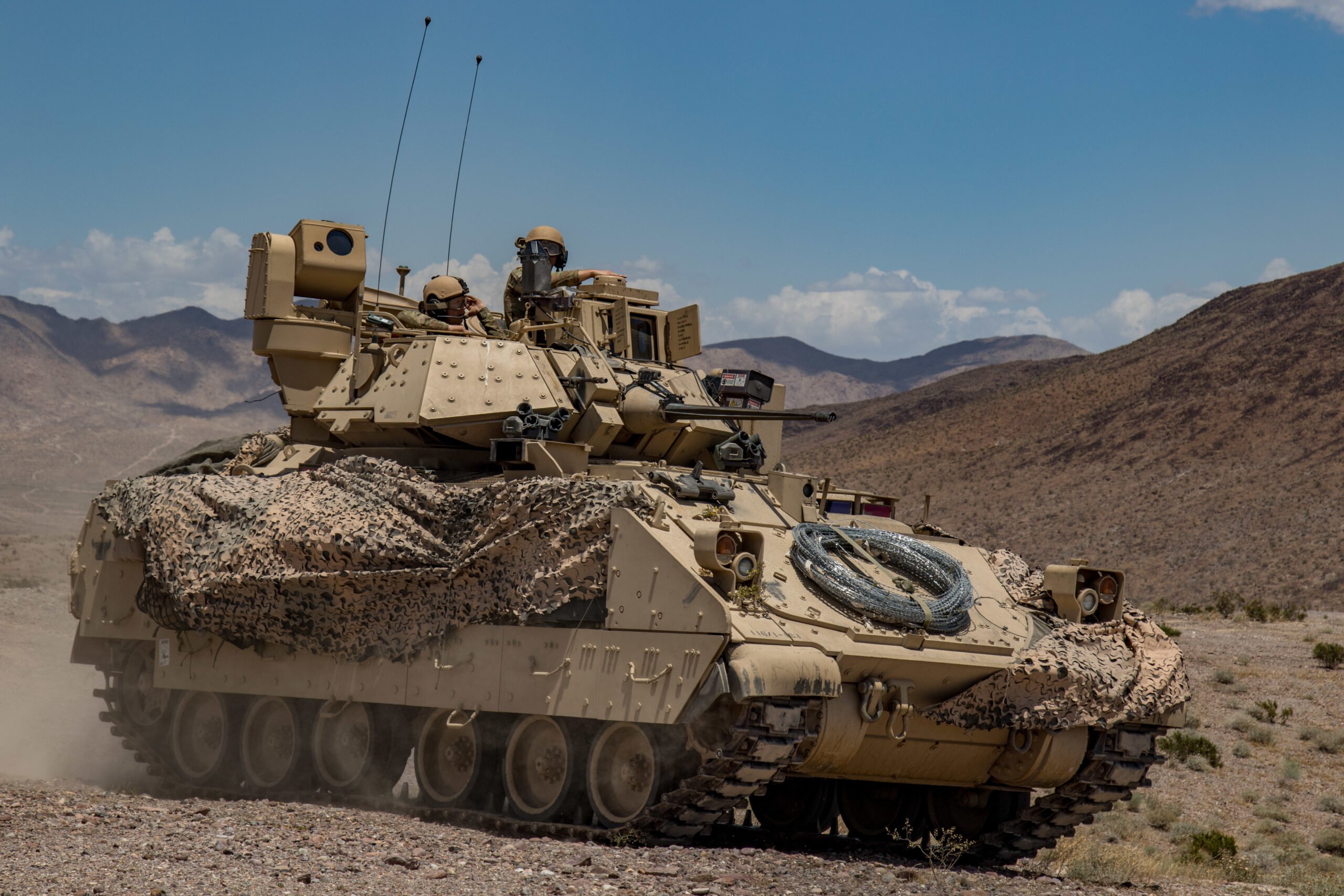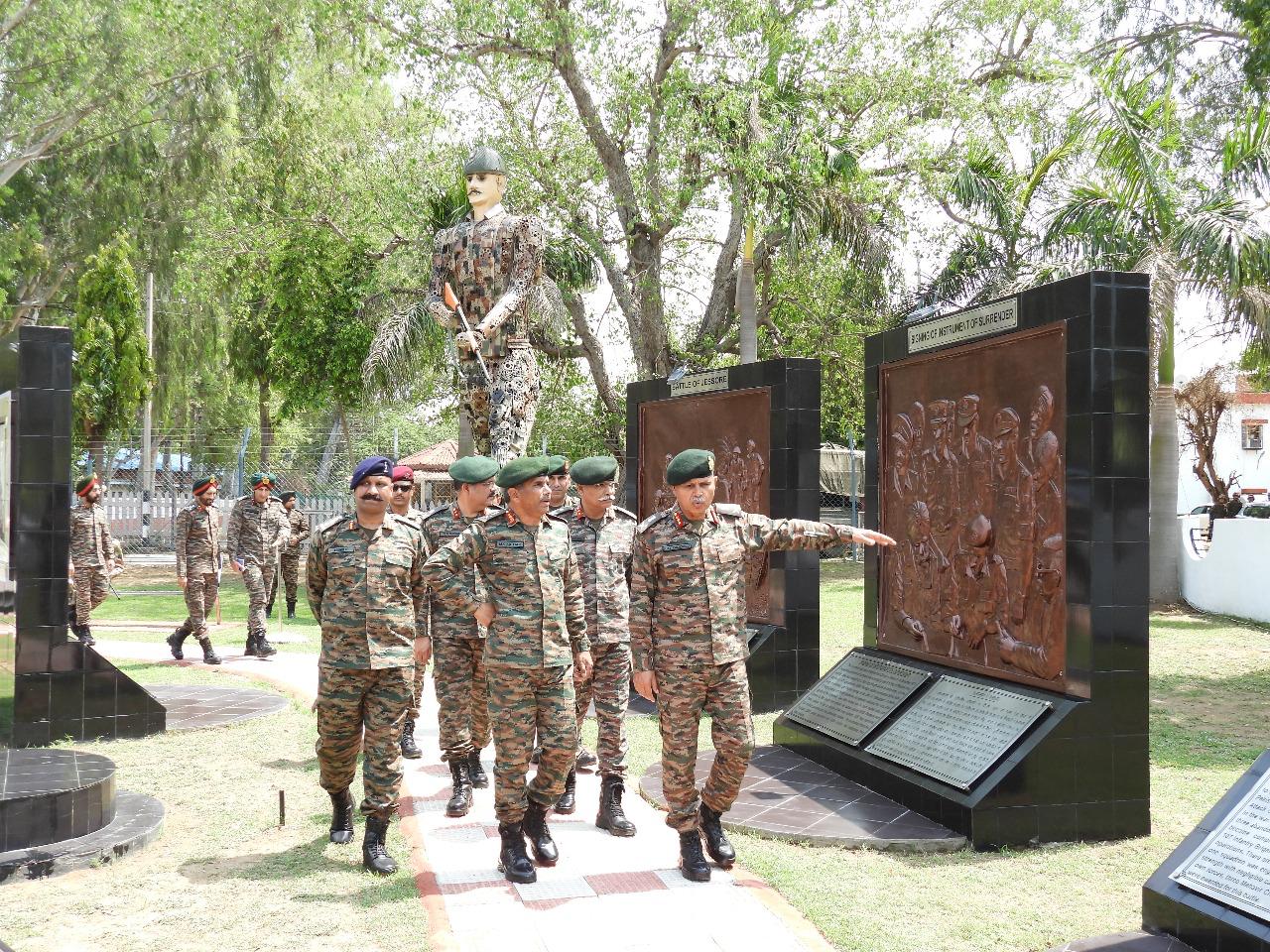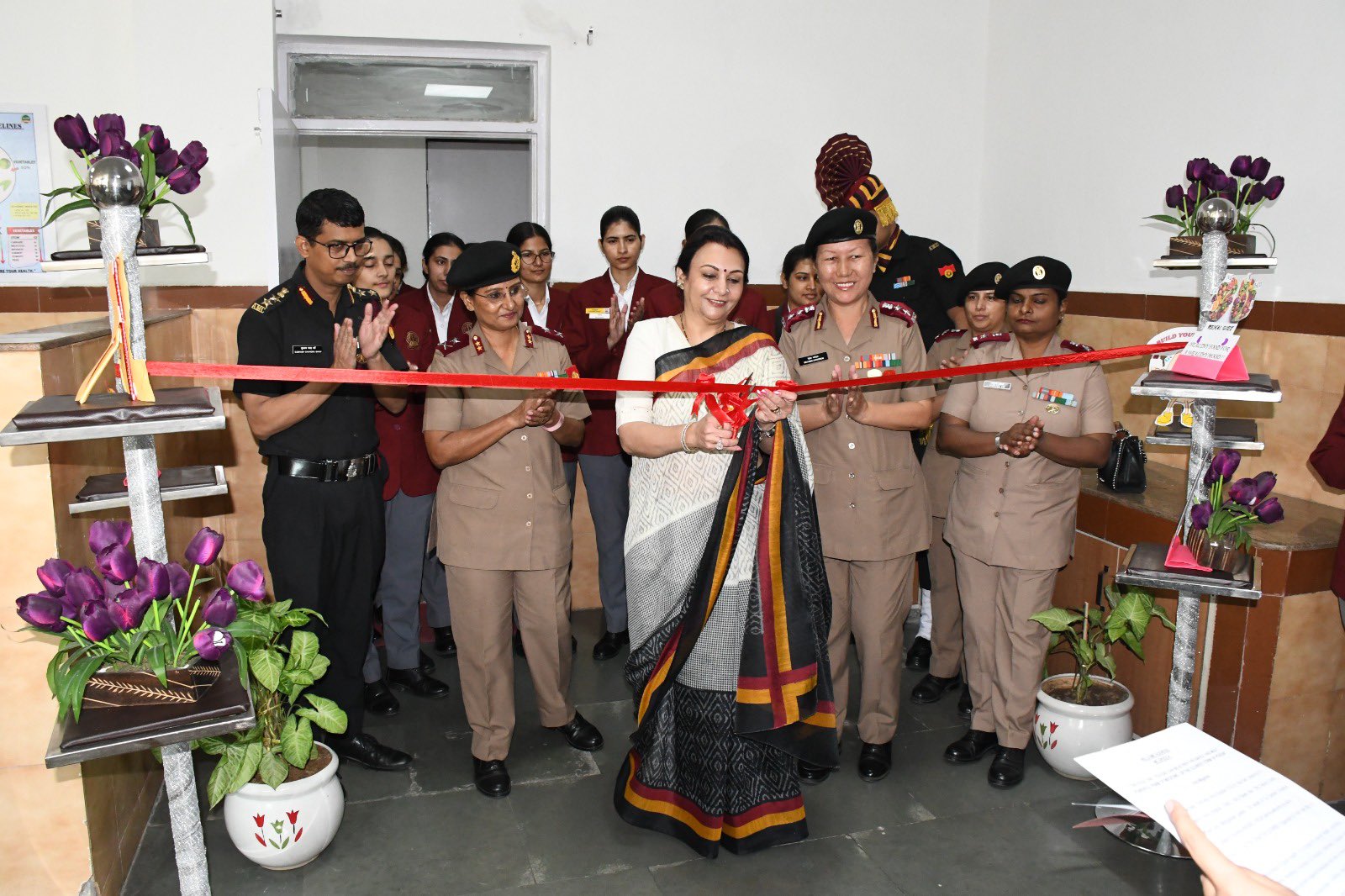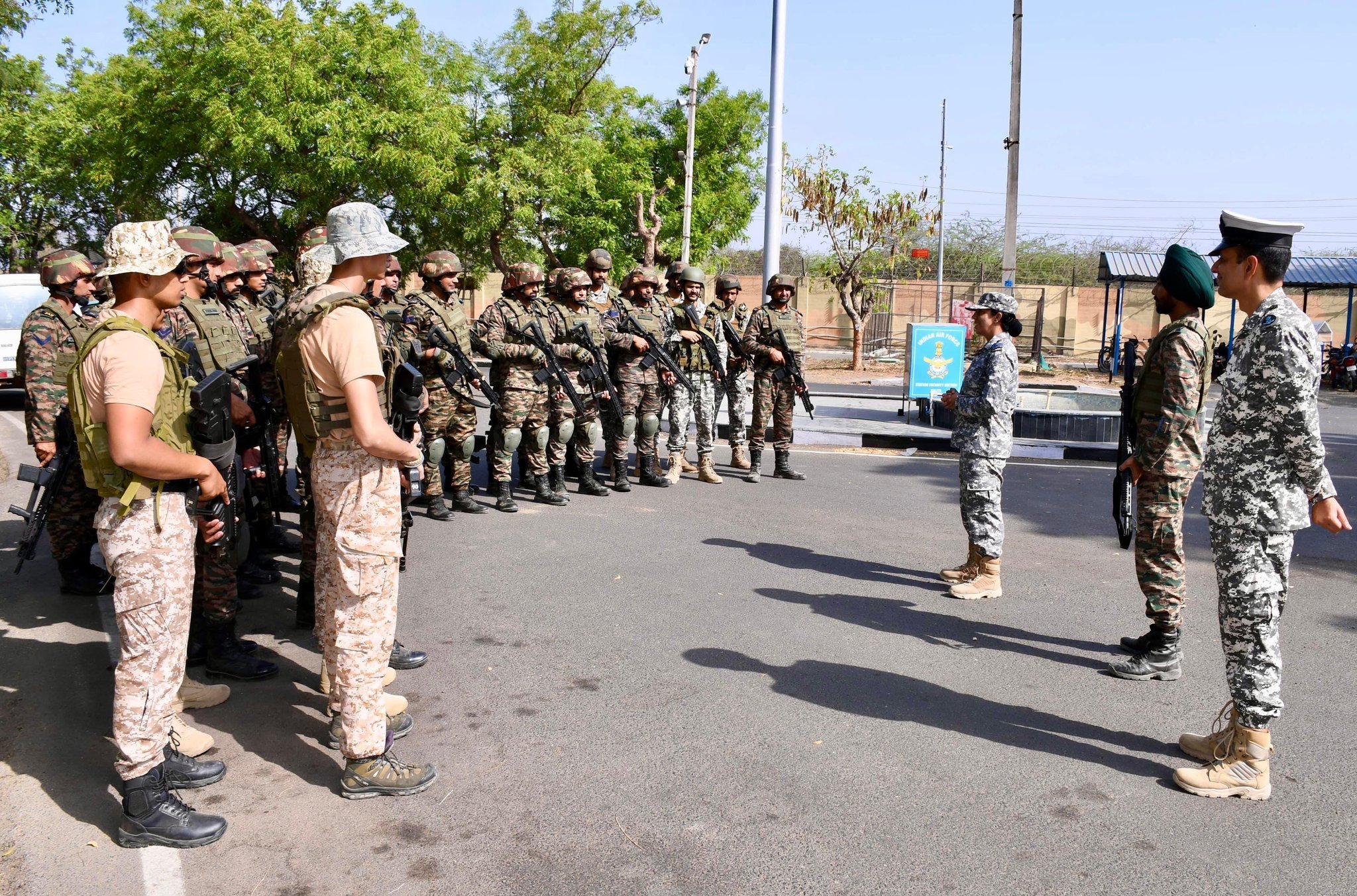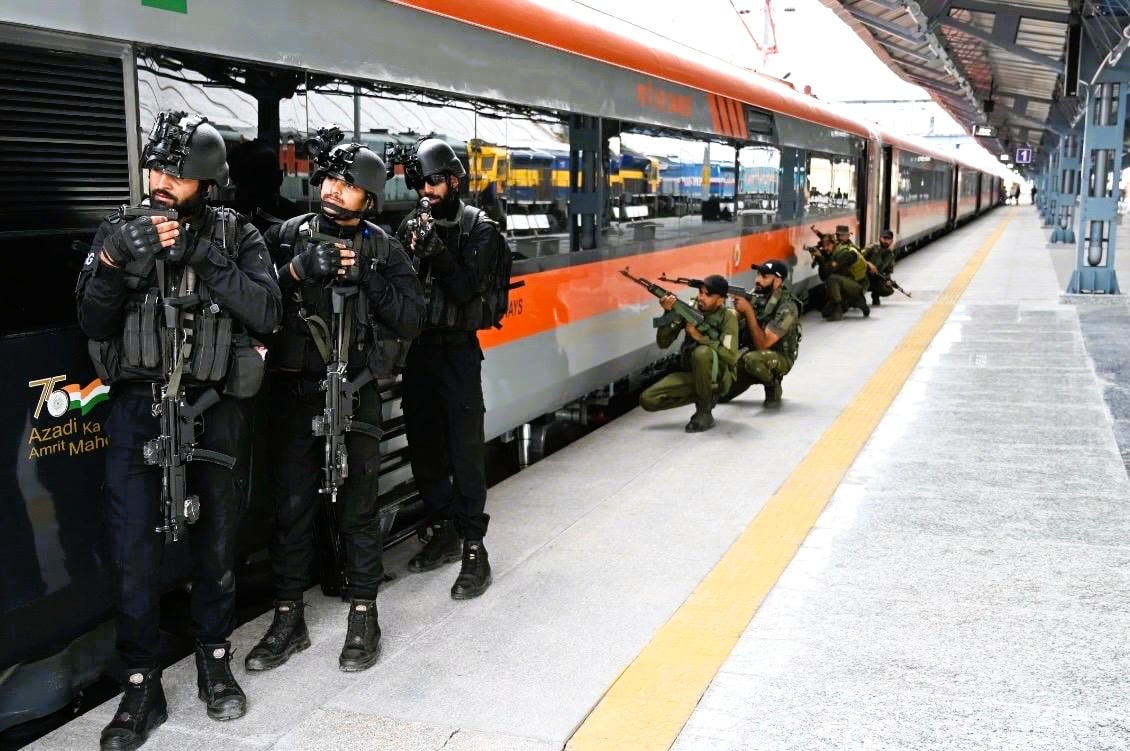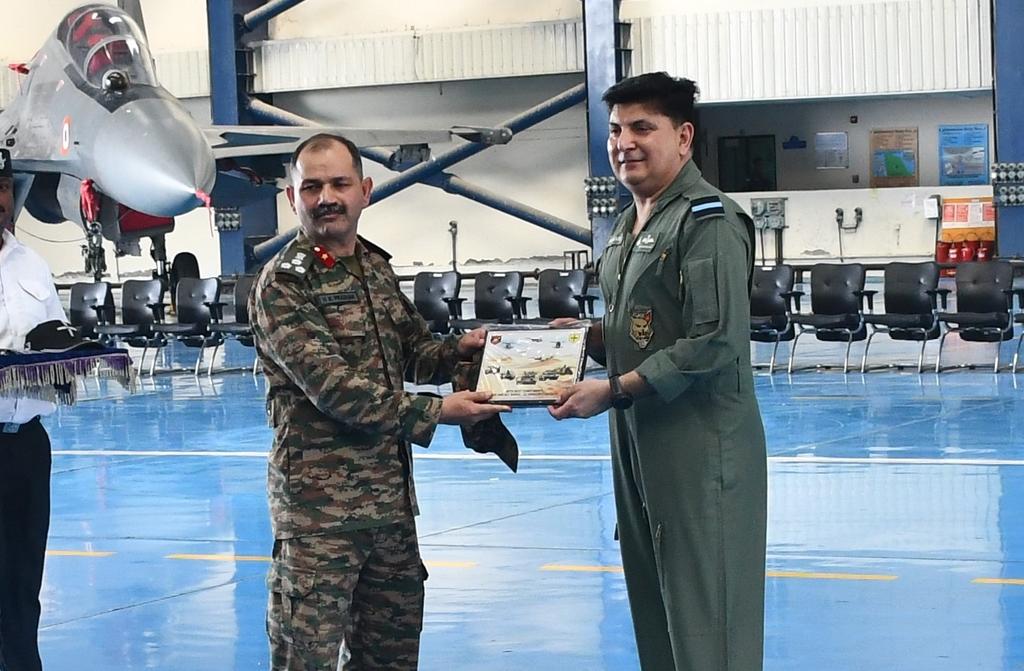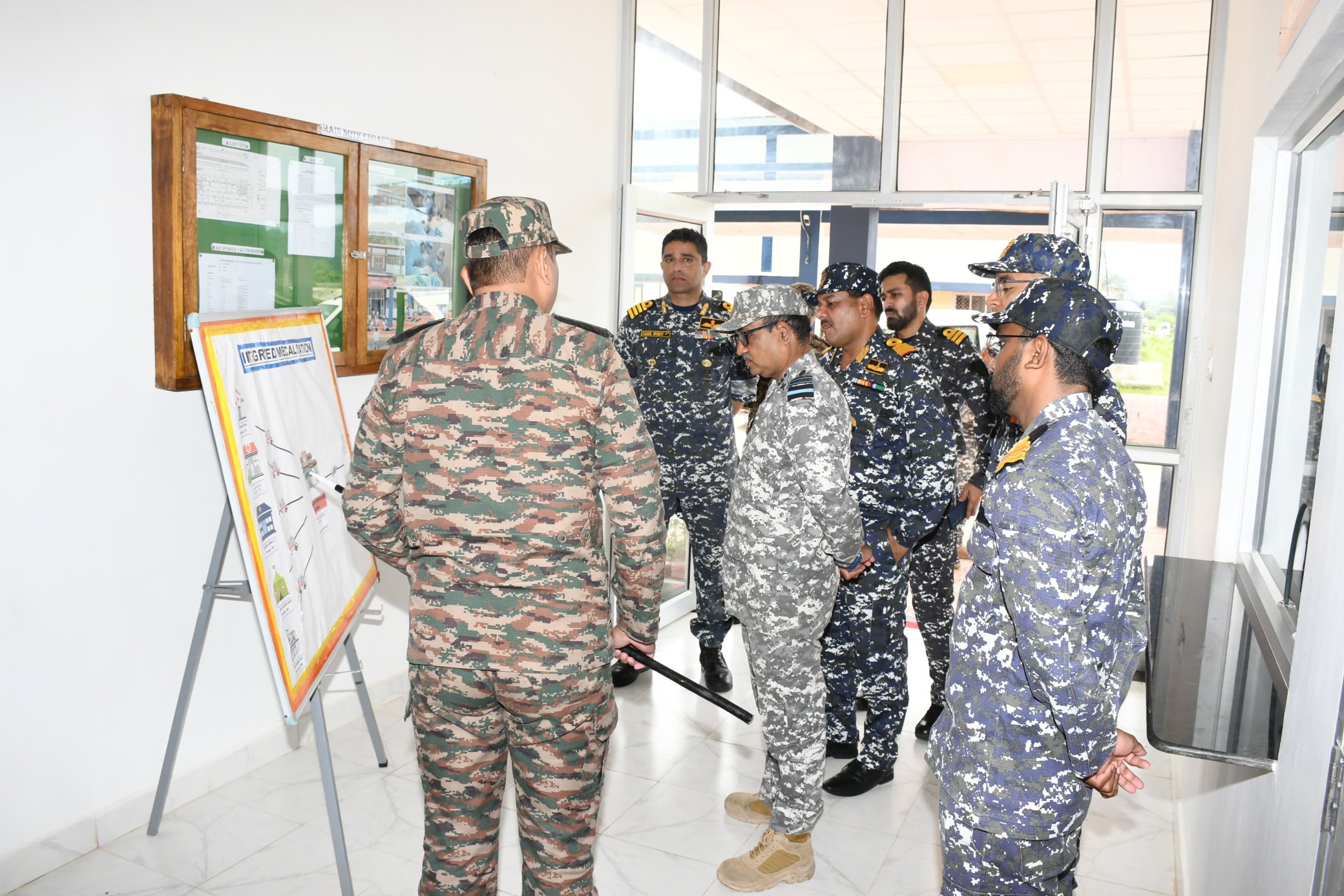In a devastating incident that underscores the ongoing violence in Afghanistan, the Afghan minister for refugees, Khalil Ur-Rahman Haqqani, was killed in a suicide bombing on Wednesday at the ministry’s offices in Kabul. Government sources confirmed that the Islamic State group has claimed responsibility for the attack. This marks a significant escalation in violence, being the first known attack targeting a minister since the Taliban regained control of the country in 2021.
The explosion, described by officials as a suicide blast, resulted in the loss of the minister’s life and the lives of several of his colleagues. Following the attack, Taliban authorities swiftly condemned the act, labeling it a “cowardly attack,” and restricted access to the ministry’s vicinity, deploying security personnel on rooftops around the area. The minister’s office had been hosting various training workshops in the days leading up to the incident, which often serves as a hub for displaced individuals seeking assistance—Afghanistan continues to grapple with more than three million displaced due to ongoing conflict.
Haqqani, closely associated with the infamous Haqqani network established by his brother, Jalaluddin Haqqani, had a notable reputation for carrying an automatic weapon at public events. His association with elevated ranks within the Taliban included familial ties to Sirajuddin Haqqani, the current interior minister. Anas Haqqani, Khalil’s nephew, expressed his sorrow over the incident on social media, labeling his uncle a “martyr” and criticizing the perpetrators for their actions, claiming that they misinterpret the principles of Islam.
Reports suggest that within the Taliban, a power struggle may be brewing, particularly between members of the Haqqani family and those who adhere to a stricter interpretation of Islamic law. Khalil Ur-Rahman Haqqani, aged 58, had been on international sanctions lists and was of significant interest to the U.S., which had offered a $5 million bounty for information about him.
Although overall violence in Afghanistan has reportedly decreased following the Taliban’s takeover, the Islamic State Khorasan—a regional affiliate of IS—remains active, frequently carrying out deadly attacks against civilians, Taliban officials, and foreign nationals. These incidents have included a recent child casualty from a bombing in Kabul and a deadly shooting at a Sufi shrine in Baghlan province that resulted in ten fatalities.
Despite ongoing claims from Taliban authorities that they have dismantled the IS threat, the frequency of attacks and violence raises questions about the stability of their governance and the security situation across the war-torn nation.

